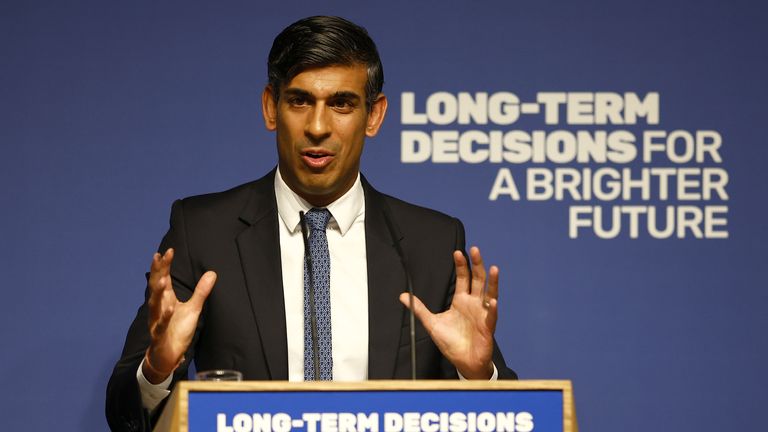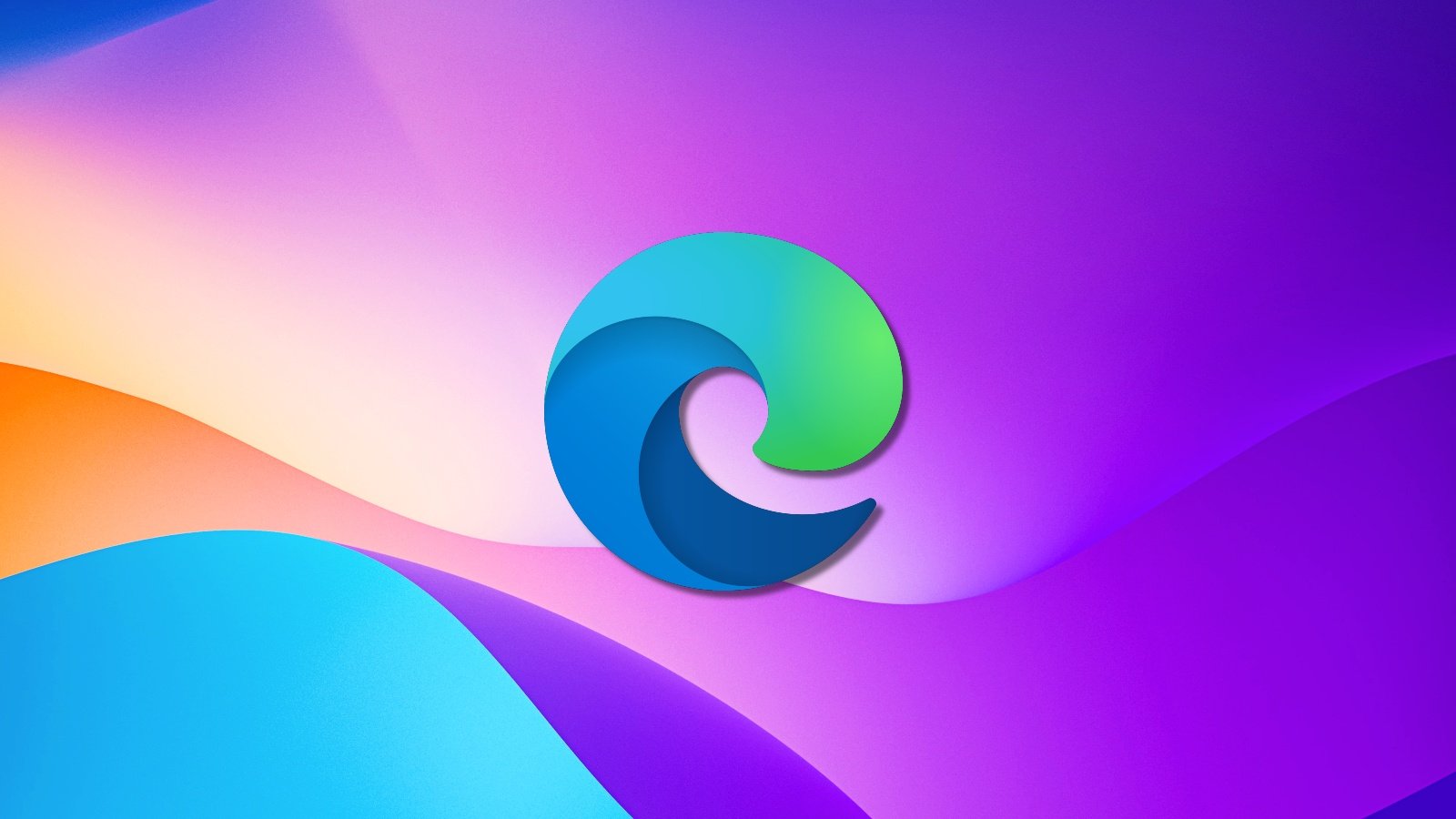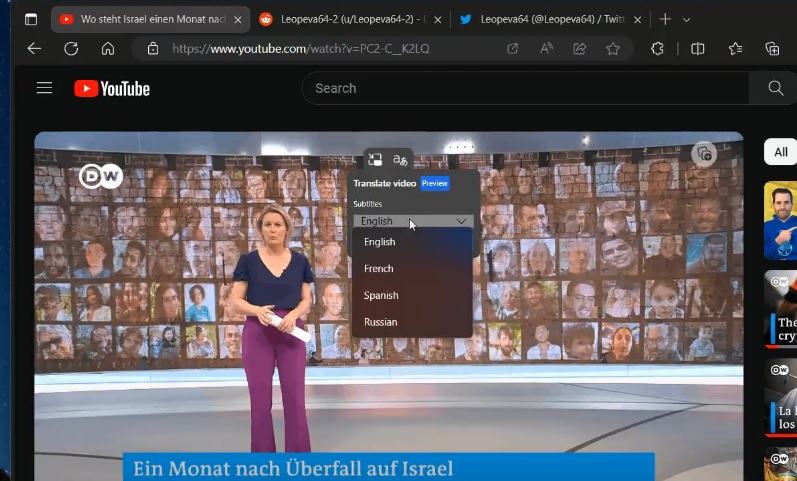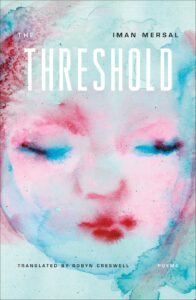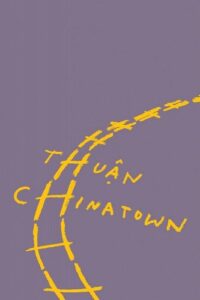
Hallucinate is the Cambridge Dictionary's word of the year, as it gains an additional definition in one of many AI-related updates in 2023.
The traditional definition is to "to seem to see, hear, feel, or smell something that does not exist".
It now includes "when an artificial intelligence (AI) hallucinates, it produces false information".
AI ethicist Dr Henry Shevlin said it was "a snapshot of how we're thinking about and anthropomorphising AI".

Dr Shevlin, from the University of Cambridge, said: "Inaccurate or misleading information has long been with us, of course, whether in the form of rumours, propaganda, or fake news.
"Whereas these are normally thought of as human products, hallucinate is an evocative verb implying an agent experiencing a disconnect from reality.
"This linguistic choice reflects a subtle yet profound shift in perception: the AI, not the user, is the one hallucinating."
The definition was added after a surge in interest in generative AI tools like ChatGPT, Bard and Grok.
A US law firm used ChatGPT for legal research, which led to fictitious cases being cited in court, Cambridge Dictionary said.
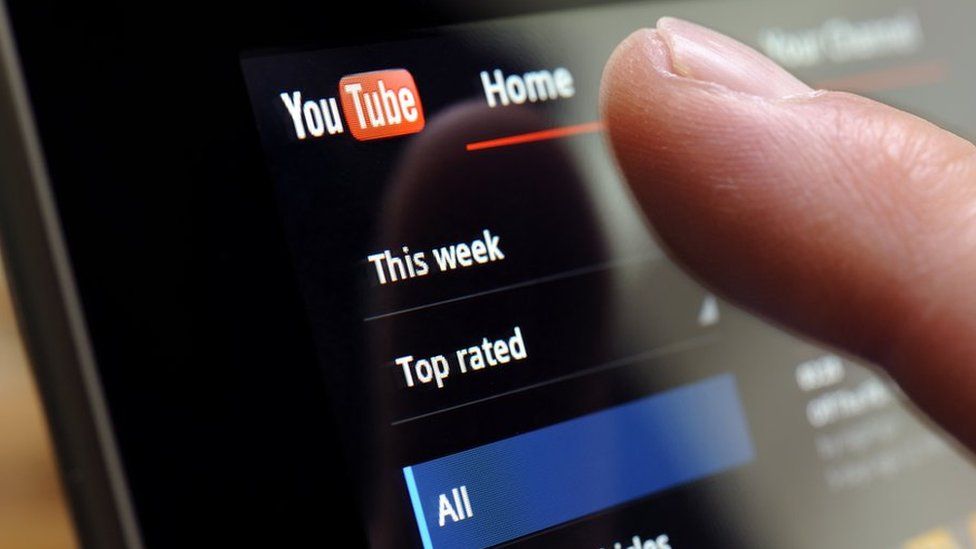
Wendalyn Nichols, Cambridge Dictionary's publishing manager, said: "The fact that AIs can hallucinate reminds us that humans still need to bring their critical thinking skills to the use of these tools.
"AIs are fantastic at churning through huge amounts of data to extract specific information and consolidate it - but the more original you ask them to be, the likelier they are to go astray."
Prompt engineering, large language model and GenAI were among about 6,000 new words and definitions also added in 2023.
- Baseball, power and war - 2022's key words
- Dictionary.com chooses 'woman' as word of the year
- The A-Z of AI: 30 terms you need to understand artificial intelligence
Words which experienced spikes in the online dictionary's searches included the word implosion, after the Titan submersible's implosion in June, and GOAT, an abbreviation for "greatest of all time".
The Qatar World Cup provoked debates about who was the GOAT in football, Lionel Messi, Cristiano Ronaldo or one of the late greats like Pelé or Diego Maradona.
The dictionary is published by Cambridge University Press & Assessment, part of the University of Cambridge.

Follow East of England news on Facebook, Instagram and X. Got a story? Email eastofenglandnews@bbc.co.uk or WhatsApp 0800 169 1830
Related Topics
- Cambridge
- University of Cambridge
- Artificial intelligence
Around the BBC
-
BBC: The A-Z of AI
Related Internet Links
-
University of Cambridge
-
Cambridge Dictionary
-
Cambridge University Press & Assessment
